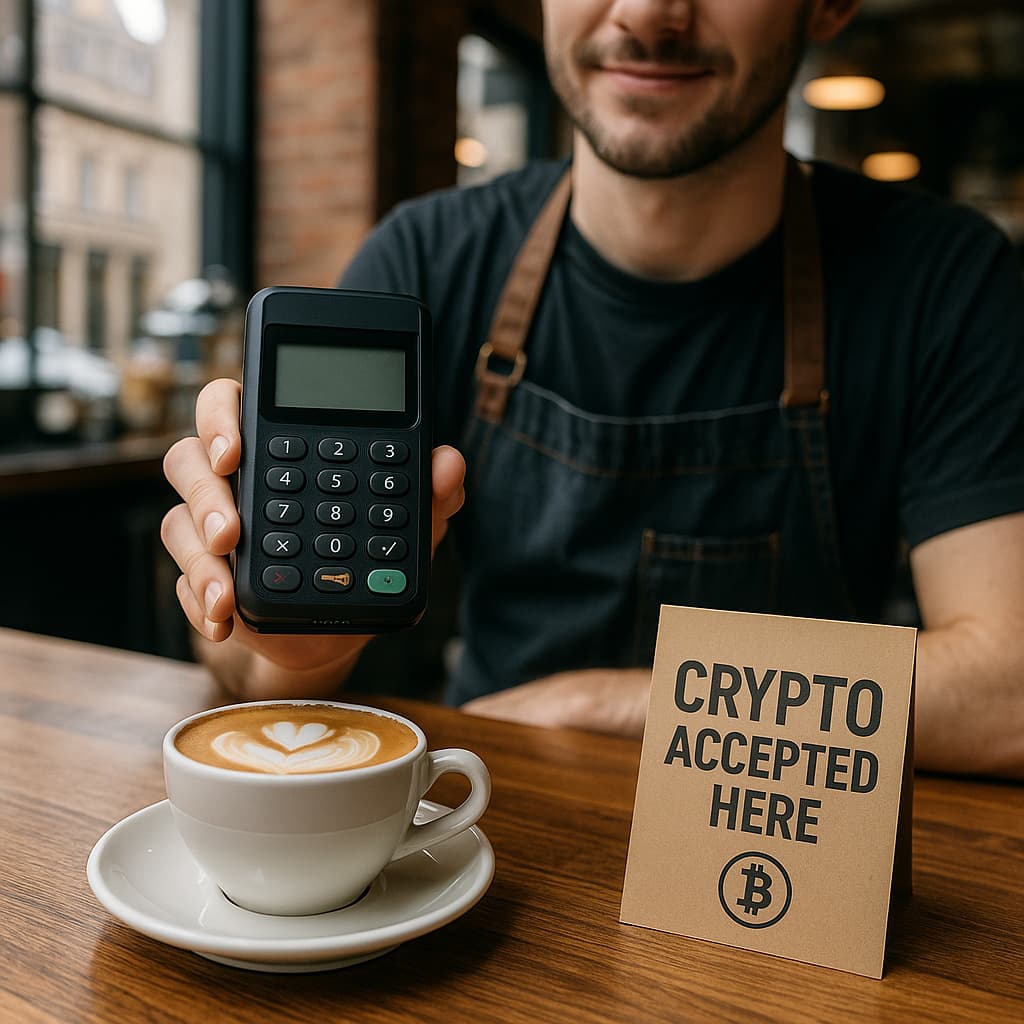London has long been a global financial hub, and in recent years, it has steadily evolved into one of Europe’s most active centers for cryptocurrency adoption. From former crypto ATMs on high streets to innovative fintech investments, the capital showcases how digital currencies are becoming part of everyday life for businesses, consumers, and investors alike.
One of the most visible signs of this trend was the presence of cryptocurrency ATMs across the city. London had dozens of machines located in convenience stores, shopping areas, and even cafes. These allowed users to buy Bitcoin and other popular cryptocurrencies with cash or debit cards, making it easy for newcomers to get started without going through a traditional online exchange. For many Londoners, this accessibility played an important role in normalizing crypto as a legitimate financial tool. However, according to Statista, crypto ATMs were banned in the UK last year, so there are no longer any operating in London – but they still played an important role in getting crypto to the point it’s at today in London and the rest of the UK.
The city’s global financial reputation also makes it a hotspot for crypto investments. Londoners are actively trading Bitcoin, Ethereum, and other major altcoins through platforms like Binance, Coinbase, and Kraken. Many investors use crypto as a hedge against inflation or as part of a diversified portfolio. Beyond the big names, retail and institutional investors alike are exploring decentralized finance (DeFi) projects, staking opportunities, and early-stage blockchain startups.
One area gaining momentum is participation in crypto presales, where investors can secure tokens before they officially launch on exchanges. This strategy carries higher risk but also offers the chance for significant returns if a project gains traction. London-based investors have shown particular interest in presale opportunities like Maxi Doge Token, alongside other emerging tokens, reflecting a broader appetite for speculative but potentially high-growth opportunities in the space.
Businesses in London are also increasingly open to digital currencies. Certain bars, restaurants, and retailers have begun accepting Bitcoin, Ethereum, and other altcoins as payment. For instance, some eateries in Shoreditch, Soho, and Camden have experimented with crypto-friendly billing systems that appeal to younger, tech-savvy clientele. Even some professional services — such as law firms and digital agencies — now accept crypto payments, positioning themselves at the cutting edge of financial innovation. While widespread acceptance is still developing, these early adopters demonstrate London’s willingness to embrace new forms of money.


Education and awareness are also growing in the capital. Universities such as University College London (UCL) and the London School of Economics (LSE) have launched research initiatives and courses on blockchain and digital finance. These academic efforts not only prepare the next generation of fintech leaders but also reinforce London’s reputation as a hub for global innovation in finance.
Overall, the biggest uses of crypto in London can be seen in three key areas: former accessibility through ATMs, growing merchant adoption, and a vibrant investment community engaging in everything from blue-chip digital assets to experimental presales. As regulation becomes clearer and adoption expands, London is well-positioned to remain at the forefront of Europe’s crypto economy — both as a place where people spend digital currencies and as a launchpad for the next wave of fintech growth.


